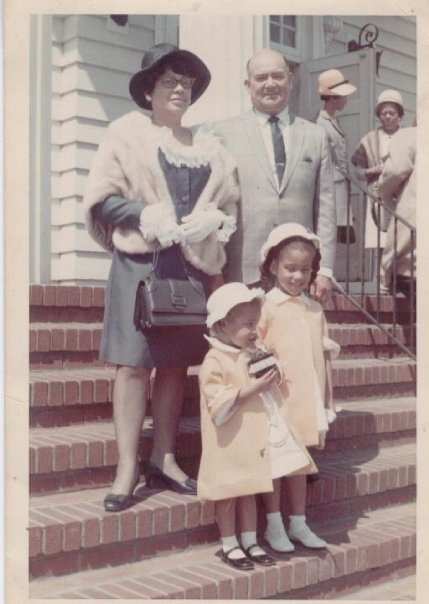My First Time Celebrating Kwanzaa. An Umoja Experience.
A foodie colleague told me the other day she didn’t know “what the hell Kwanzaa is.” Admittedly, I was stunned. Not at the fact that this national and cultural holiday is acknowledged and enjoyed my millions of families every December was unknown to her, rather because this person said it with such vigor. I wasn’t sure if I should be insulted or take it with a grain of salt.
I chalked it up to accepting that there are probably just as many that don’t know what Kwanzaa is. And, this person lives off mainland, so even more reason to maybe not know, I reasoned. Either way, I was inspired to look at the positive and use it as an opportunity to introduce my colleague to the 7-day feast and expand their knowledge of other holidays celebrated in December.
I decided to cut them some slack, especially when I started thinking about my own lack of knowledge and experience of Kwanzaa. I’ve known the principles of Kwanzaa just like I’ve known the reason for Christmas my entire life. But, being an Afro-Caribbean Latina, the Afro-American centered holiday was never a part of our seasonal experience. I was always curious about it, just didn’t have a good resource for learning more.
That changed in 1997 when some cousins from my father’s side – of Jamaican background, came to DC for Christmas. For the first time, our entire family was together—immediate and extended; Latin and black. My cousin Stephen, a Morehouse College graduate, invited the family to enjoy the 1st principle, Umoja, or “Unity.” Appropriately fitting for the family gathering, he delved into a brief historical background on the inception and purpose of Kwanzaa.
All ears, we were gathered at a mutual cousin’s kitchen island and remembered our late family members, reflected on our existing relationships and expressed our desire to grow as a family unit, no matter the cultural differences. Coming from a family that loves to eat and entertain, there was plenty of food, which wasn’t to be eaten until we all said something about what family meant to us.
After 30 minutes of jovial conversation about Uncle Lyn (Stephen’s late grandfather), whom had just passed away, remembering the first time the younger cousins met (that would be Stephen and his brother and myself and siblings) and lighting a candle for each day of Kwanzaa, we said a lovely prayer and ate the cooked up soul food.
Retrospectively, I was fidgety, slightly unfocused and mildly interested. Today, as I reflect on that first time experiencing and celebrating Kwanzaa, I appreciate its significance and goal. We came together and heard each say something special about our family. We acknowledged our beautiful differences and expressed wanting to learn more about our respective cultural backgrounds.
They wanted to know more about our Cuban background and we wanted to explore black life through the experience of second generation Jamaicans living in New York and Atlanta.
Ironically, my dear grandfather, Uncle Lyn’s nephew, passed exactly one month ago today. His birthday is on Christmas. He would have been 91, the exact age Uncle Lyn was when he passed. As my family transitions into a new season without the patriarch of our familia, we’ll remember the extraordinary moments and gifts he extended us. We’ll smile at the impact he had on his community in Miami through his music and the memories he created for hundreds of people in Cuba. It also means the entire family has come together to celebrate his life –Thanksgiving being the first time. We’ll reunite again on Christmas and kick off Kwanzaa the following day — with his undying spirit with us!
Interestingly enough, as a contributor and co-founder of Kwanzaa Culinarians, I’ll be writing a feature on December 26th, the 1st day of Kwanzaa, where I’ll share a recipe that represents my family unity, community and race!
UMOJA!
Have you celebrated Kwanzaa? Do you remember your thoughts about being introduced to a new holiday tradition? Share in the comments below.



I love this story, it’s very touching. Thanks for sharing, Bren!
LikeLike
Such a beautiful story Bren! It really has come full circle.
LikeLike